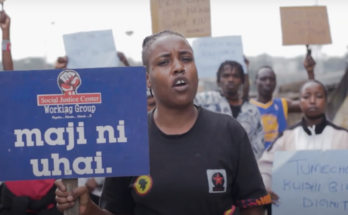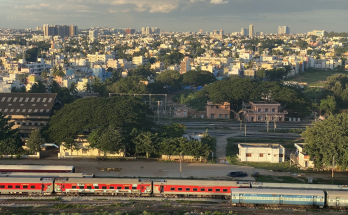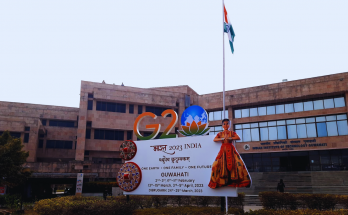Despite being only 10 years old, South Sudan has already been beset by economic challenges, bitter disputes with its neighbours and the remnants of a five-year civil war that claimed almost 400,000 lives.
The world’s newest country won its independence a decade ago following more than 50 years of internal conflict and rebellion against leaders in the Sudanese capital, Khartoum, to the north. Yet a decade on, with the state engaged in an ongoing economic and military fight for survival, the government is holding on to a highly unusual and immensely costly ambition: it plans to build for itself a brand new capital city, entirely from scratch in an area of swampland formerly used as a rhino sanctuary.
Is it an overly-indulgent birthday gift, or a necessary tonic in a country where disunity has plagued attempts at coherent state-building, and leaders’ politics of greed has largely swallowed the hopes of ordinary people?
South Sudan’s failure until now has rested on a lack of any sense of what it means to be South Sudanese, VICE World News was told. The country is divided into three “greater” provinces; the Upper Nile in the northeast, Bahr el Ghazal to the northwest, and Equatoria in the south. Across them is a richly diverse ethnic makeup, comprising more than 50 distinct ethnic groups and languages. Some communities have as little as just a few thousand. Others, like the Dinka and the Nuer, the two largest groups, comprise 6.5 million. After a draining war in which warlords have exploited ethnic differences for personal gain, bitter distrust reigns.
The capital city, Juba, sits firmly in the centre of Equatoria. Koang Pal Chang, director of news at Eye Radio, which broadcasts out of Juba, actually agrees with the government that the current location of the capital is not conducive for national unity.
“What is happening now in Juba, if you are from Greater Upper Nile or Greater Bahr al Ghazal, if you want to rent a house from an Equatorian, you can’t do it,” says Chang. “There is no trust between the people. The capital being there means conflict.
“The intention has been to finally unite the South Sudanese. Communities have been fighting along tribal lines for centuries. John Garang, our revolutionary leader, realised the only way to start to fix it was to bring the capital city into the middle of the three regions. That way nobody could claim the ownership. It would belong to all people.”
Read the full article here at ViceMore from the Mint on development here.



